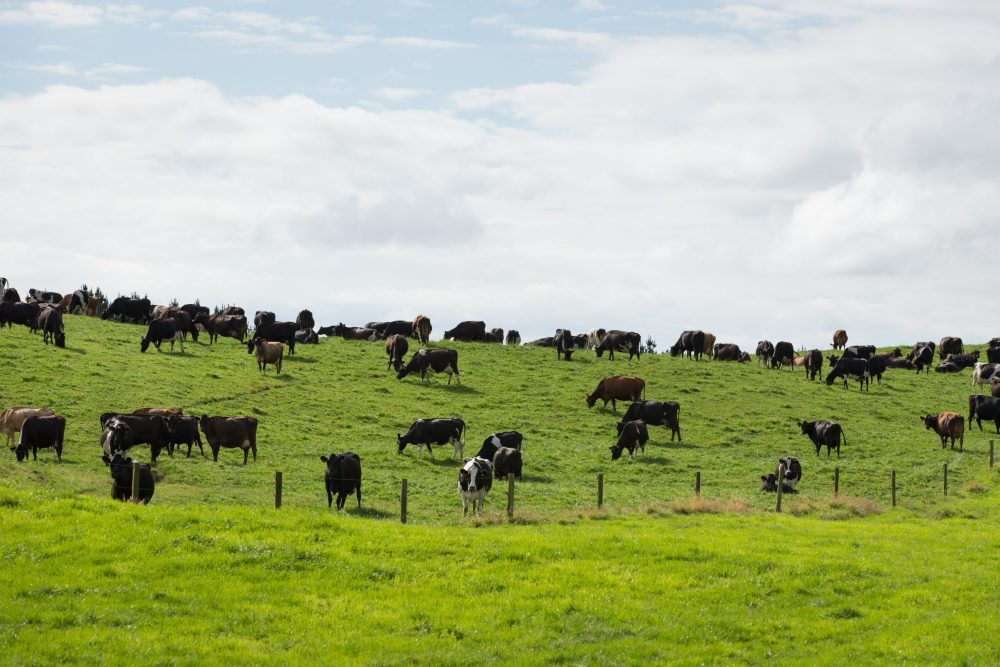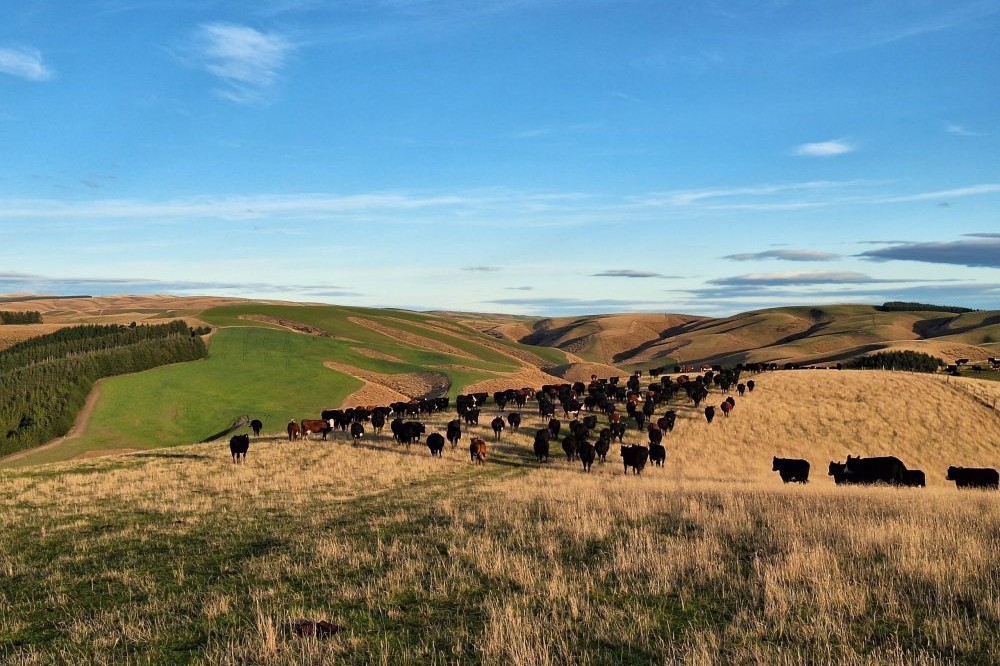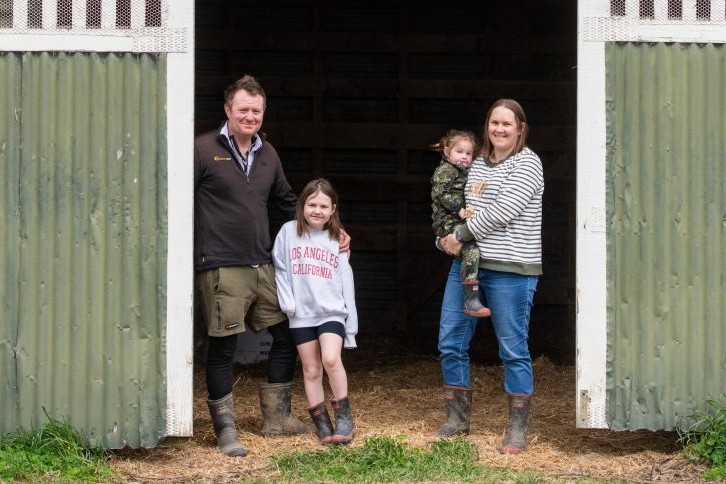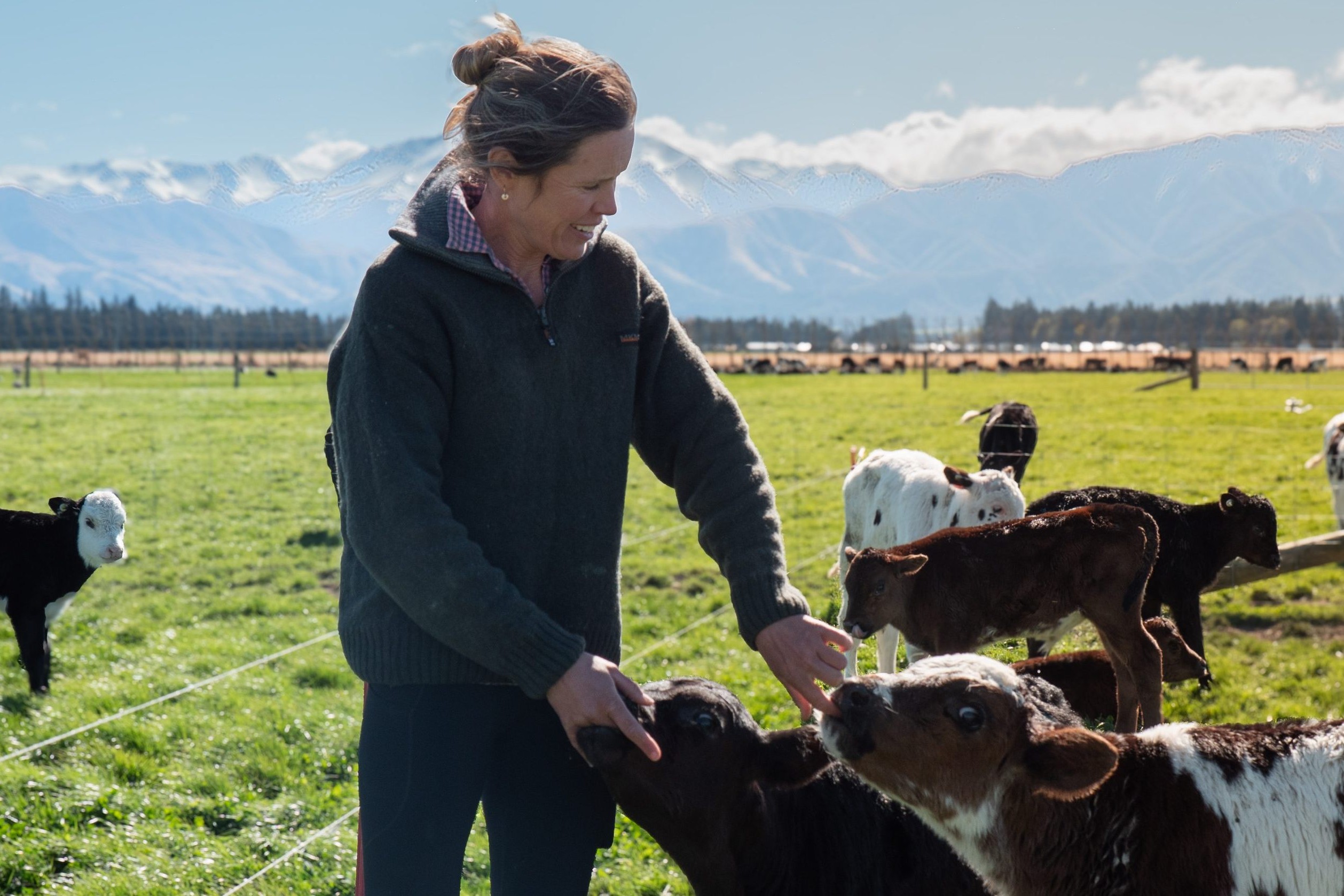Lynda Gray
A million dollars could set up sheep and beef farmers in the greater Waikato for sheep dairying. The estimate, from Peter Gatley, general manager of Maui Milk, factors in the cost of infrastructure, including a milking shed as well as 800-1000 ewes on a 70-80ha platform.
Maui Milk, a joint venture partnership between Shanghai-based Maui Food Group and the Waitahu Kuratau Trust, is keen to recruit suppliers with the goal of doubling milk production by next season.
Maui has a limited number of their specially bred Southern Cross ewes for sale, on condition that the milk is supplied back to them. There are two buying options: March delivery of ewes for mating at about $400 each, or mated and scanned in-lamb ewes at $550-$600.
‘We would envisage a typical farm as one milking 1000 ewes with a couple of staff over two hours.’
The ewes would be expected to cover their purchase price from milk and the one or two surplus lambs produced. Over the first couple of seasons milk production per ewe would be in the 200-250 litre range, generating income of $600-$750 based on Maui Milk’s contract price of $3/litre.
Ewe production would increase over time in line with the age profile of the flock and selection to 300 litres, which was regarded as an acceptable New Zealand benchmark. However French farmers, milking sheep with some of the same genetics as Maui’s Southern Cross breed, were producing 400 litres.
Gatley says there is interest in sheep dairy from sheep and beef farmers around Taupo, Rotorua and the King Country, but the proposition is possibly better suited to Waikato dairy farmers.
“It’s potentially easier for dairy farmers because of their existing infrastructure. Another advantage is the shorter lactation than for cows and the reduced environmental footprint.”
The estimated cost of adapting an existing milking shed, pipework and clusters could be in the $200,000-$400,000 range.
However, it wasn’t out of the question for established sheep and beef farmers to develop a 70-80ha platform. The number of ewes run would depend on the land but 15-16 ewes/ha was a general benchmark.
“We would envisage a typical farm as one milking 1000 ewes with a couple of staff over two hours,” Gatley says.
Ideally suppliers would need to be within two hours of Waikato’s Innovation Park where the milk is processed; the pick-up and delivery costs would be covered by Maui.
A gross farm income of $1 million was achievable based on a flock of 1000 over a 230-240 day lactation, per ewe production of 300 litres at $3/litre, plus sale of surplus stock.
“The bottom line revolves around the milk per ewe and pay-out. Farmers know the pay-out and we can help them estimate the milk production based on the age profile of the animals.”
Maui’s call out for suppliers coincides with the launch of a new Danone produced Karicare infant formula using Maui-supplied milk. The partnering with Danone, an established multi-national was a significant step in the business, Gatley says.
“Their role is critical and should give farmers confidence in the gate to retail shelf marketing chain.”




